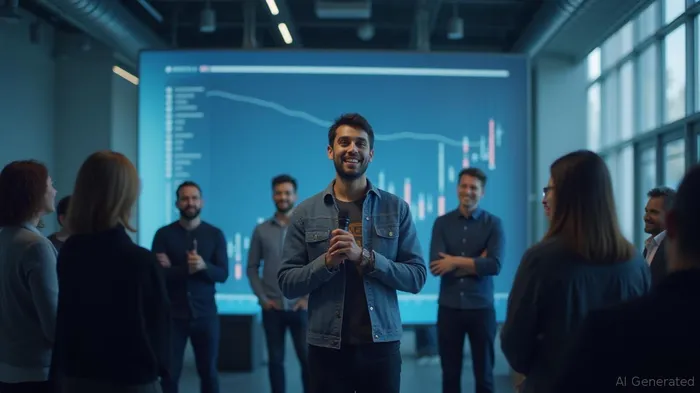Sentient Labs Raises $85 Million for Open-Source AI Development
The race to build artificial general intelligence (AGI), often referred to as God-like AI, is a high-stakes gamble for humanity. The potential outcomes range from utopian advancements to dystopian catastrophes. The development of AGI is being pursued by various entities, including tech giants and startups, each with their own interpretations of what AGI entails. Elon Musk defines AGI as "smarter than the smartest human," while OpenAI CEO Sam Altman describes it as a system capable of tackling complex problems at a human level across multiple fields. Sentient, a Dubai-based AI company, envisions AGI as a decentralized, open-source platform where multiple AI models compete and collaborate.
Sentient Labs, co-founded by Himanshu Tyagi and Vivek Kolli, has raised significant funding, including $85 million in seed funding from prominent investors like Peter Thiel’s Founders Fund. The Gulf states, particularly the UAE and Saudi Arabia, are investing heavily in AI development, with the UAE's AI market expected to reach $46.3 billion by 2031. This investment is part of a broader trend where corporations and nation-states are competing to build AGI first, offering substantial incentives to attract top talent.
However, the centralized control of AGI by a single entity poses significant risks. Kolli warns that if a corporation like MicrosoftMSFT-- or OpenAI controls all online information, it could lead to a dystopian scenario where users are at the mercy of the controlling entity. Sentient aims to address this by promoting an open-source approach to AI development, where everyone can contribute and benefit from the technology. Tyagi believes that AI development should not be winner-take-all and that open companies will ultimately win.
One of the critical challenges in AI development is ensuring that the technology is aligned with human values and interests. Sentient has developed alignment training methods to program AI models to be safer and more aligned with specific goals. For example, they retrained Meta’s Llama model to be pro-crypto and pro-personal freedom. However, the open-source nature of AI development also raises concerns about safety and alignment, as rogue states or individuals could potentially misuse the technology.
Tyagi and Kolli acknowledge the risks but remain optimistic about the future of AI. They believe that humans will adapt to the changes brought by AI, much like they adapted to the Internet. However, they also recognize the need for a universal basic income (UBI) solution to address the potential displacement of jobs by AI. The end game of AI development, according to Tyagi, depends on how one views progress for humanity. He compares AI to the Internet, which created new roles even as it displaced others.
The future of AI is uncertain, but one thing is clear: the coming years will bring colossal change. The so-called Godfather of AI, Geoffrey Hinton, likens AGI to having a tiger cub as a pet—cute and interesting but potentially deadly if not controlled. OpenAI CEO Sam Altman shares a similar alarming possibility, describing the worst-case scenario of AGI as "lights out for all of us." Despite these concerns, Tyagi remains optimistic, viewing AI as a progress that opens unlimited possibilities for the future.

Quickly understand the history and background of various well-known coins
Latest Articles
Stay ahead of the market.
Get curated U.S. market news, insights and key dates delivered to your inbox.



Comments
No comments yet